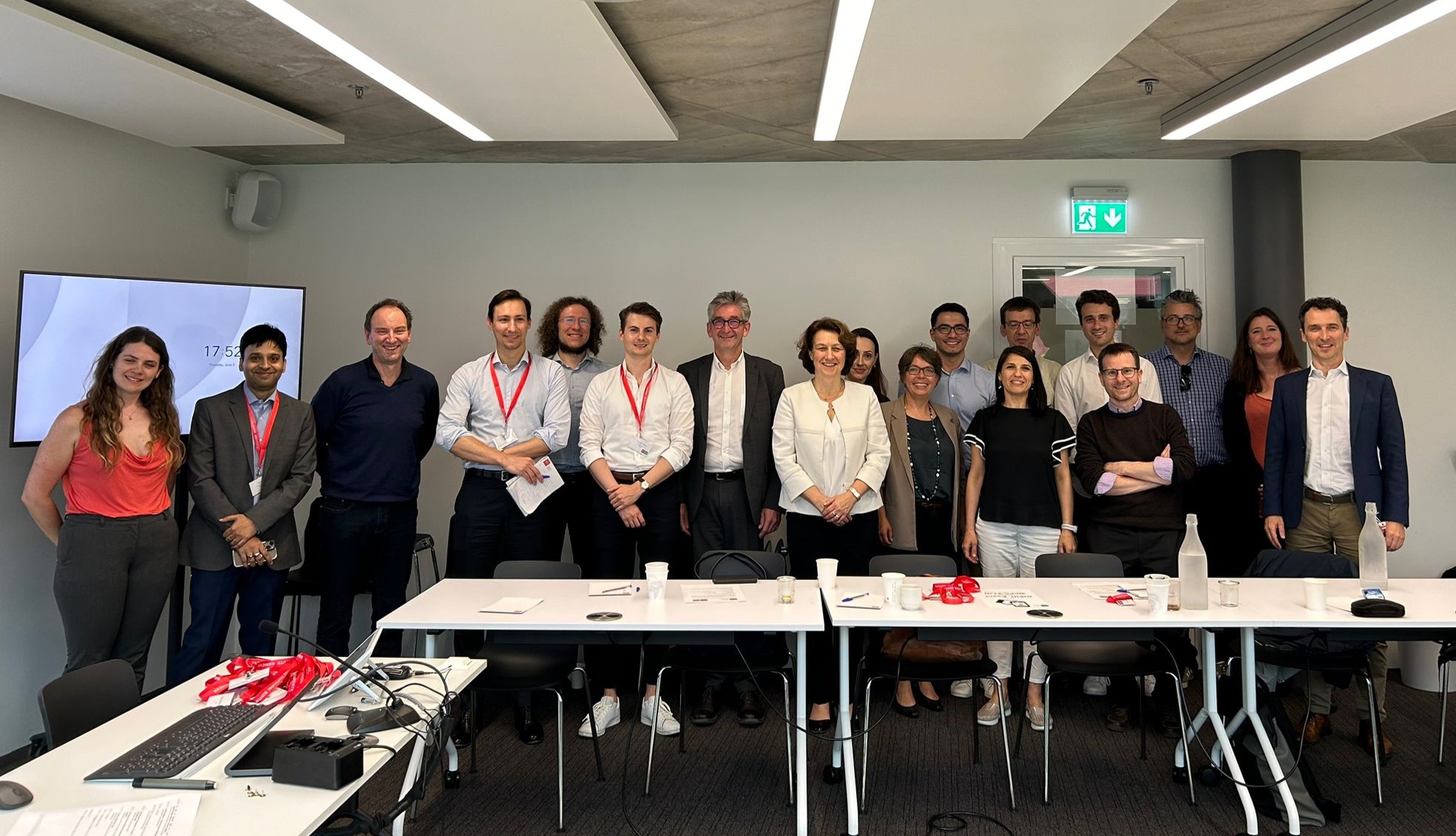The workshop started with a presentation by Noemie Laurens to provide an overview of the new Sinergia databases encapsulating data on: impact assessments in the context of trade agreements, flanking measures in trade agreements and domestic flanking measures. The presentation was followed by opening remarks by OECD Director Marion Jansen who highlighted current trends and challenges in international trade policy-making and their impact on existing multilateral institutions and trade agreements.
The first panel discussed different aspects of labour adjustment in the context of trade liberalisation. Krzysztof Pelc highlighted the importance of trade adjustment assistance, as a tool to address the distributional effects of trade liberalisation (including social consequences) and made a case for packaging assistance mechanisms within trade agreements. Rohan discussed how trade agreements could be used as a vehicle to package existing trade capacity-building measures with elements of domestic flanking measures to address labour adjustment-related concerns in developing economies. Camille Reverdy presented empirical work on the impact of wages in sectors with comparative advantage on income growth in developing countries.
The second panel consisted of a range of studies analysing the effects and drivers behind different trade and investment instruments. Giovanni Donato asked in his presentation whether international investment agreements (IIAs) limit macro-financial policy space in emerging and developing economies and whether macro-stability exceptions are able to mitigate such an effect. In the second presentation, Cédric Dupont presented a new study that takes a fresh perspective on the conditions affecting governments’ decision to sign trade agreements with uncertain ratification prospects arguing that governments enter into a ratification gamble when signing these agreements. Dirk De Bièvre presented work that investigates coalition formation in the context of the EU-Mercosur Association Agreement negotiations by analysing the language use patterns of key stakeholders in online debates. Finally, Christian Winkler presented his work on the political economy of non-tariff measures (NTMs) in which he argues that firms have heterogeneous preferences when it comes to these measures depending on their relative compliance capabilities and business models.
The third panel focused on geopolitical challenges in international trade relations. Charlotte-Sieber Gasser highlighted the tension between a dynamic global market and static trade rules and discussed the role of review and renegotiation clauses in trade agreements in legal security in international trade relations. Stefanie Walter discussed how different communication strategies are effective in swaying public opinion in favour or against a disputed international trade agreement. Finally, Adam Jakubik discussed a recent IMF study and presented a dataset on the emergent patterns of industrial policy interventions during 2023 to raise awareness among policymakers regarding the implications of the proliferation of new industrial policies.
Steve Charnovitz, Ambassador Markus Schlagenhof and Manfred Elsig acted as discussants for the different panels and provided valuable comments in relation to the Sinergia databases and helpful feedback on the different presentations. These observations were supplemented with a practitioner’s perspective from Cristian Ugarte, Matteo Fiorini, Pelin Sekerler Richiardi, Simon Wüthrich-Bovet and Franz Christian Ebert.
Key takeaways and next steps:
- The project’s holistic approach is deeply needed at a time in which trade policy is becoming increasingly interlinked with other issues such as social, environmental and geopolitical challenges.
- The relationship between trade agreements and other international agreements on gender, the environment, and global value chains (GVCs) needs more attention.
- Regulations and standards shaping international trade and GVCs should be more profoundly incorporated into future analysis.
- The scope of analysis should be expanded to gender and security issues.



